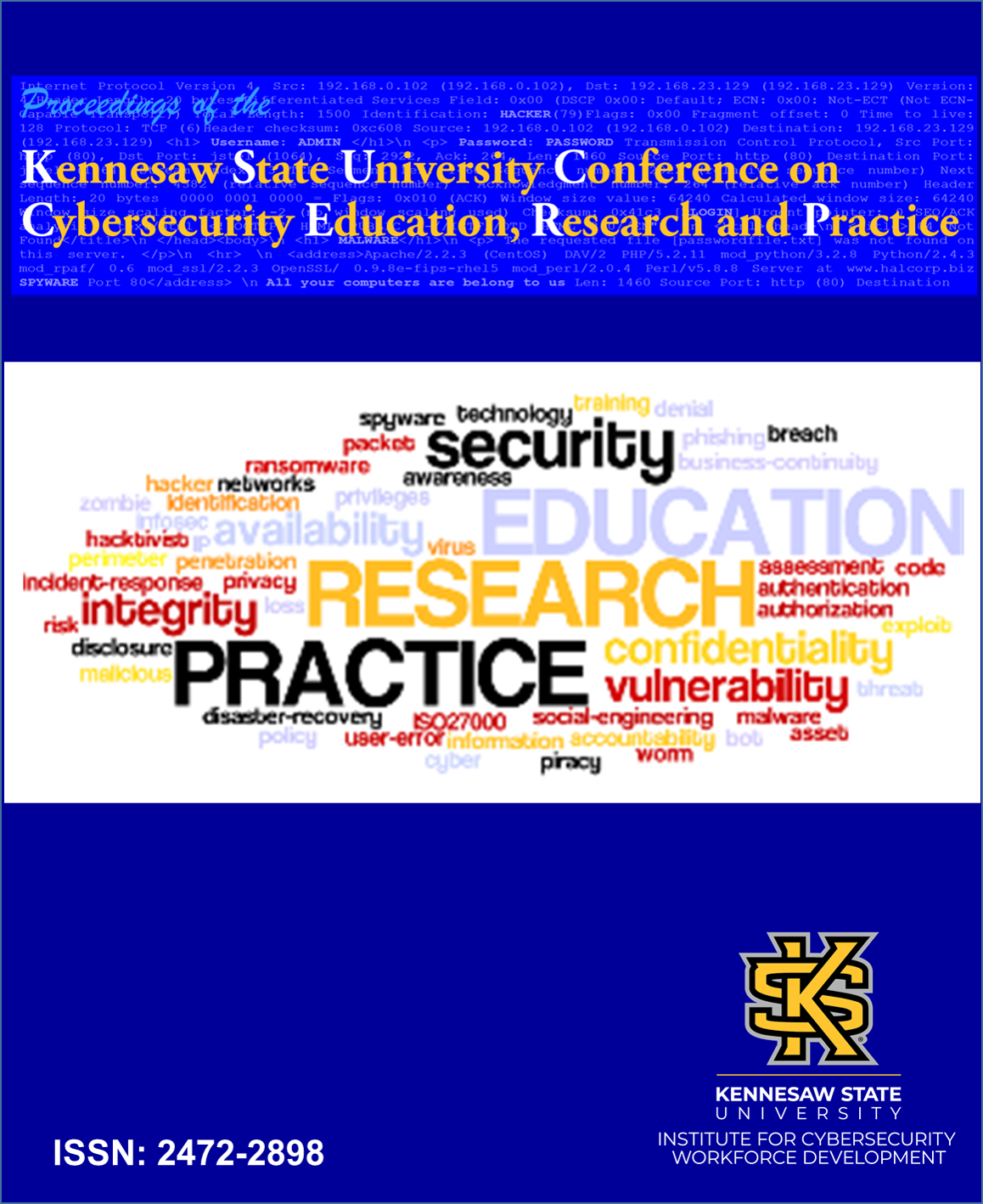Abstract
Despite massive investments in cyber security education, training, and awareness programs, most people retain unsafe mobile computing habits. They not only jeopardize their own data, but also risk the security of their associated organizations. It appears that conventional training programs are not ingraining sound security practices on trainees. This research questions the efficacy of legacy SETA frameworks and proposes a new cyber training tool for mobile devices. The tool is called Training Wheels. Training Wheels stands a number of cyber security training practices on their heads: instead of using punitive methods of reinforcement it provides rewards to encourage good behavior, instead of summary measures of security compliance it gives real-time feedback, and instead of isolating participants it displays participants’ performance relative to their peers. These changes are grounded in established psychological theory. They are incorporated as key features of Training Wheels. Besides introducing the new training tool, this study also provides recommendations for its usage and implications for research.
Included in
Information Security Commons, Management Information Systems Commons, Technology and Innovation Commons
Training Wheels: A New Approach to Teaching Mobile Device Security
Despite massive investments in cyber security education, training, and awareness programs, most people retain unsafe mobile computing habits. They not only jeopardize their own data, but also risk the security of their associated organizations. It appears that conventional training programs are not ingraining sound security practices on trainees. This research questions the efficacy of legacy SETA frameworks and proposes a new cyber training tool for mobile devices. The tool is called Training Wheels. Training Wheels stands a number of cyber security training practices on their heads: instead of using punitive methods of reinforcement it provides rewards to encourage good behavior, instead of summary measures of security compliance it gives real-time feedback, and instead of isolating participants it displays participants’ performance relative to their peers. These changes are grounded in established psychological theory. They are incorporated as key features of Training Wheels. Besides introducing the new training tool, this study also provides recommendations for its usage and implications for research.


